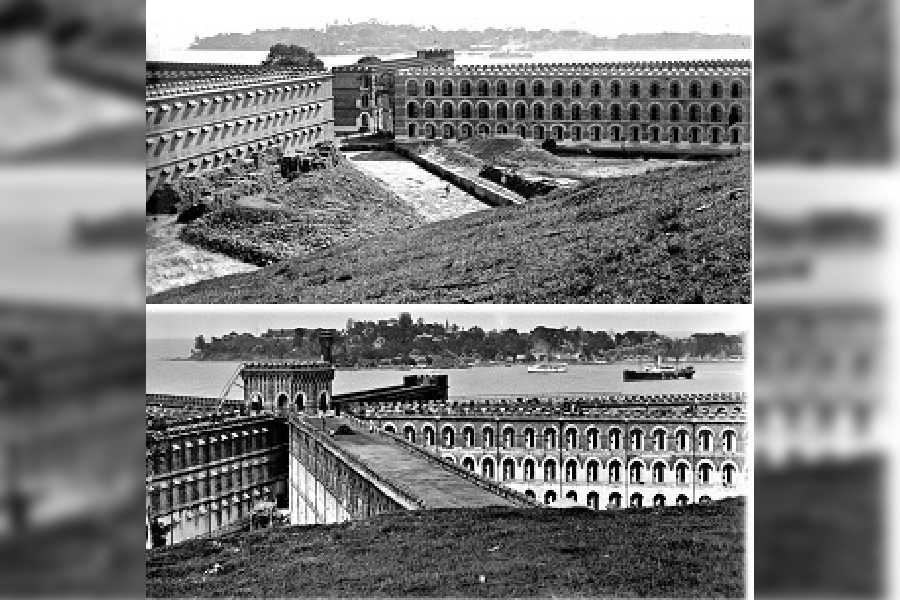On this day repatriation of prisoners started from Cellular Jail in the Andaman Islands.
The British government had established this penal settlement to exile convicted political activists and criminals from India and neighbouring British territories. The inmates were often subjected to inhuman torture and the repatriation followed a series of protests and strikes by the prisoner.
On October 13, 1836, a memorandum had been signed by 239 political prisoners detailing prison conditions. Another was submitted on October 18.
On July 24, 1937, the prisoners began their second hunger strike. This led to protests by prisoners elsewhere: in Alipore, Deoli, Berhampur prisons they started hunger strikes to support Cellular Jail inmates. The protests became a movement that demanded that repressive laws be repealed, the prisoners be repatriated and civil liberties be granted.
Soon after the hunger strike was called off on August 28, 1937, the repatriation began.
Gandhi and Tagore had also campaigned to shut down the Cellular Jail.
By 1939 the prison was empty. Two years later, after the Japanese took over the islands, the prison was turned into a prisoner of war camp.
